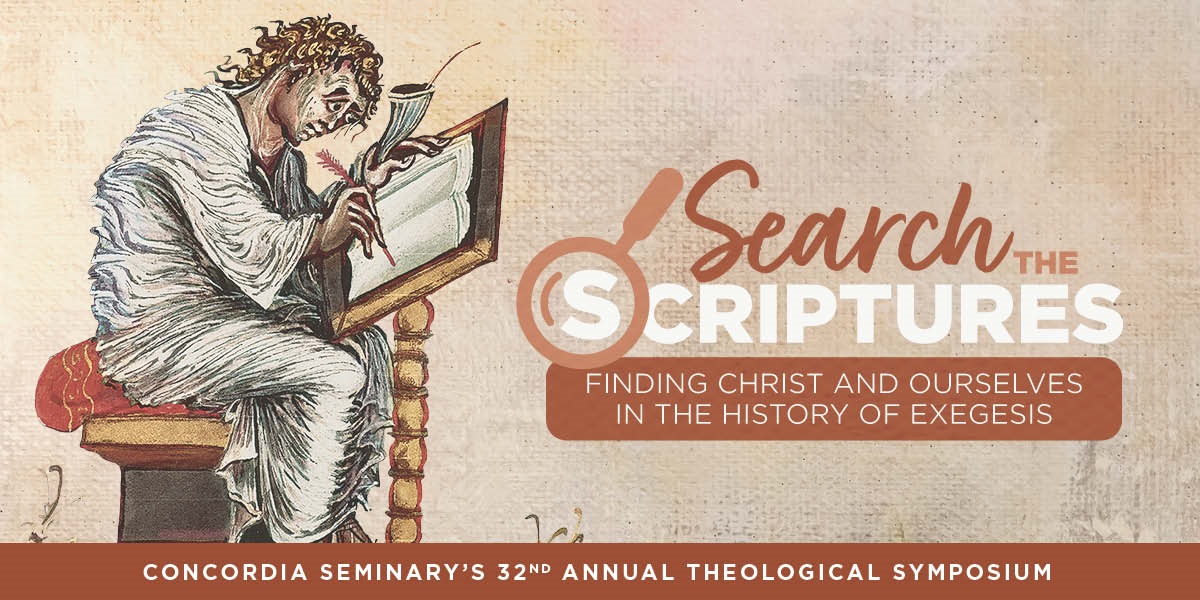Loading...
Keywords
Thomas Munster, order of creation, reformation, peasants revolt, german princes. Luther, german mysticism
Description
Thomas Müntzer saw a Christendom that had fallen way from the teaching of Jesus in the 16th century. Centuries of false teaching led Christians away from the central hermeneutic of the Scriptures – the order of creation. In his Sermon to the Princes, Müntzer applies his radical exegesis to the Saxon princes. His message to the princes is simple: join or die. Müntzer saw himself as the agent of the divinization of society. As the Sword of Gideon, he was chosen to bring the pure gospel before the Saxon princes. According to his exegesis, he was the manifestation of God’s Word in his time. While 21st century standards of exegesis would not approve of the hermeneutical moves employed by Müntzer and may find his methodology self-serving or delusional, Müntzer's radical exegesis was deeply rooted in the apocalyptic and Neoplatonic teachings of German mysticism. Müntzer helps to inform interpreters of Scripture that the various hermeneutical principles used to interpret Scripture bring different results when reading the Bible. These results may have lasting and impactful changes in society as is the case with the implications of Müntzer’s hermeneutics. How you interpret the Bible may change society.
Submission Type
Bible Study; Lecture; Sermon Prep
Submission Topics
Ecclesiology (The Church); Education; Literature and Art; Practical Theology; Preaching and Teaching; Scripture Interpretation; Sin; Worship
Scripture References in this Resource (separated by semi-colons)
Romans 8:9;
Submission Audience
Laity; Ministers; Scholars
Submission Cost
Free
Return to the Order of Creation: Thomas Müntzer's Radical Exegesis in his Sermon to the Princes
Thomas Müntzer saw a Christendom that had fallen way from the teaching of Jesus in the 16th century. Centuries of false teaching led Christians away from the central hermeneutic of the Scriptures – the order of creation. In his Sermon to the Princes, Müntzer applies his radical exegesis to the Saxon princes. His message to the princes is simple: join or die. Müntzer saw himself as the agent of the divinization of society. As the Sword of Gideon, he was chosen to bring the pure gospel before the Saxon princes. According to his exegesis, he was the manifestation of God’s Word in his time. While 21st century standards of exegesis would not approve of the hermeneutical moves employed by Müntzer and may find his methodology self-serving or delusional, Müntzer's radical exegesis was deeply rooted in the apocalyptic and Neoplatonic teachings of German mysticism. Müntzer helps to inform interpreters of Scripture that the various hermeneutical principles used to interpret Scripture bring different results when reading the Bible. These results may have lasting and impactful changes in society as is the case with the implications of Müntzer’s hermeneutics. How you interpret the Bible may change society.


